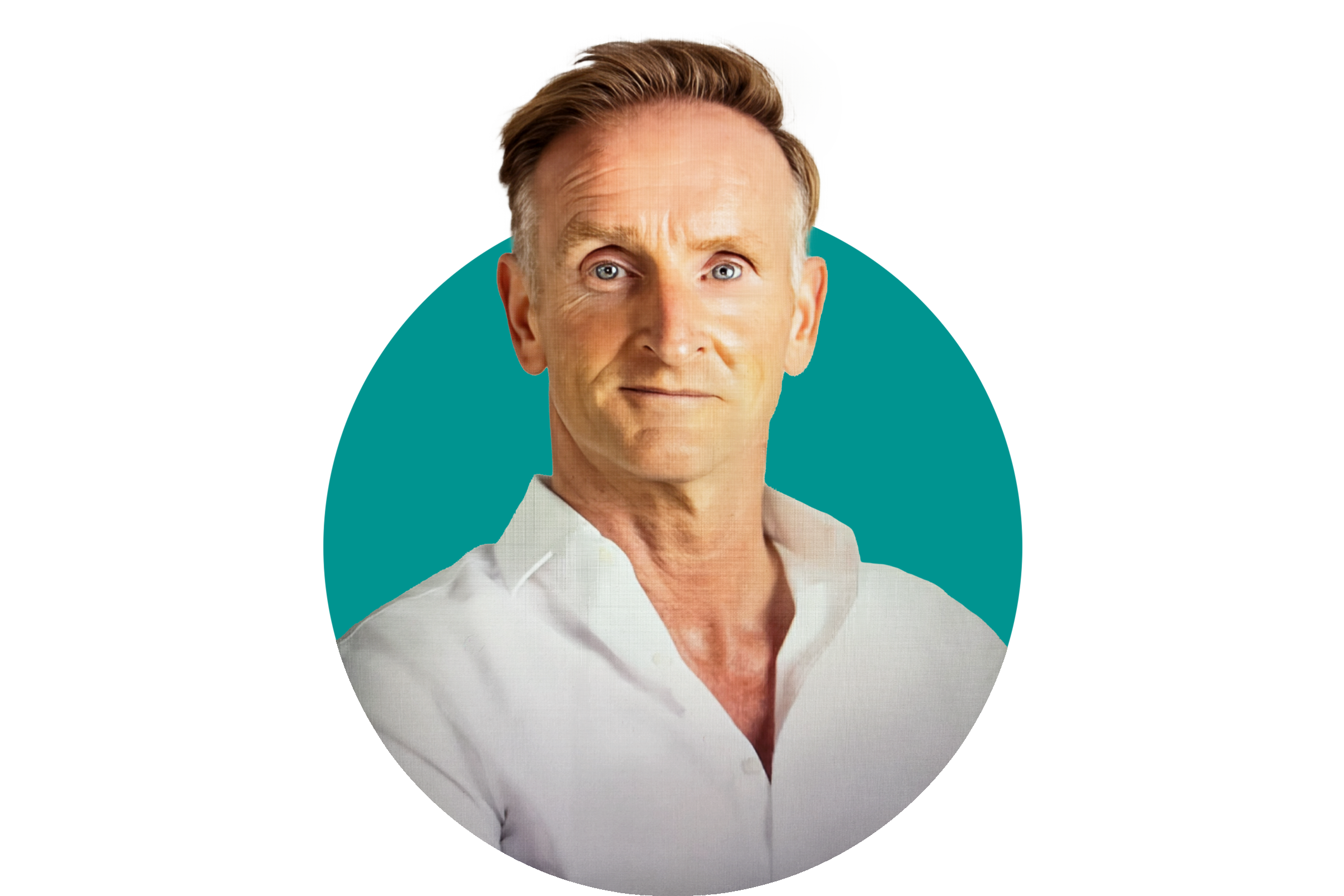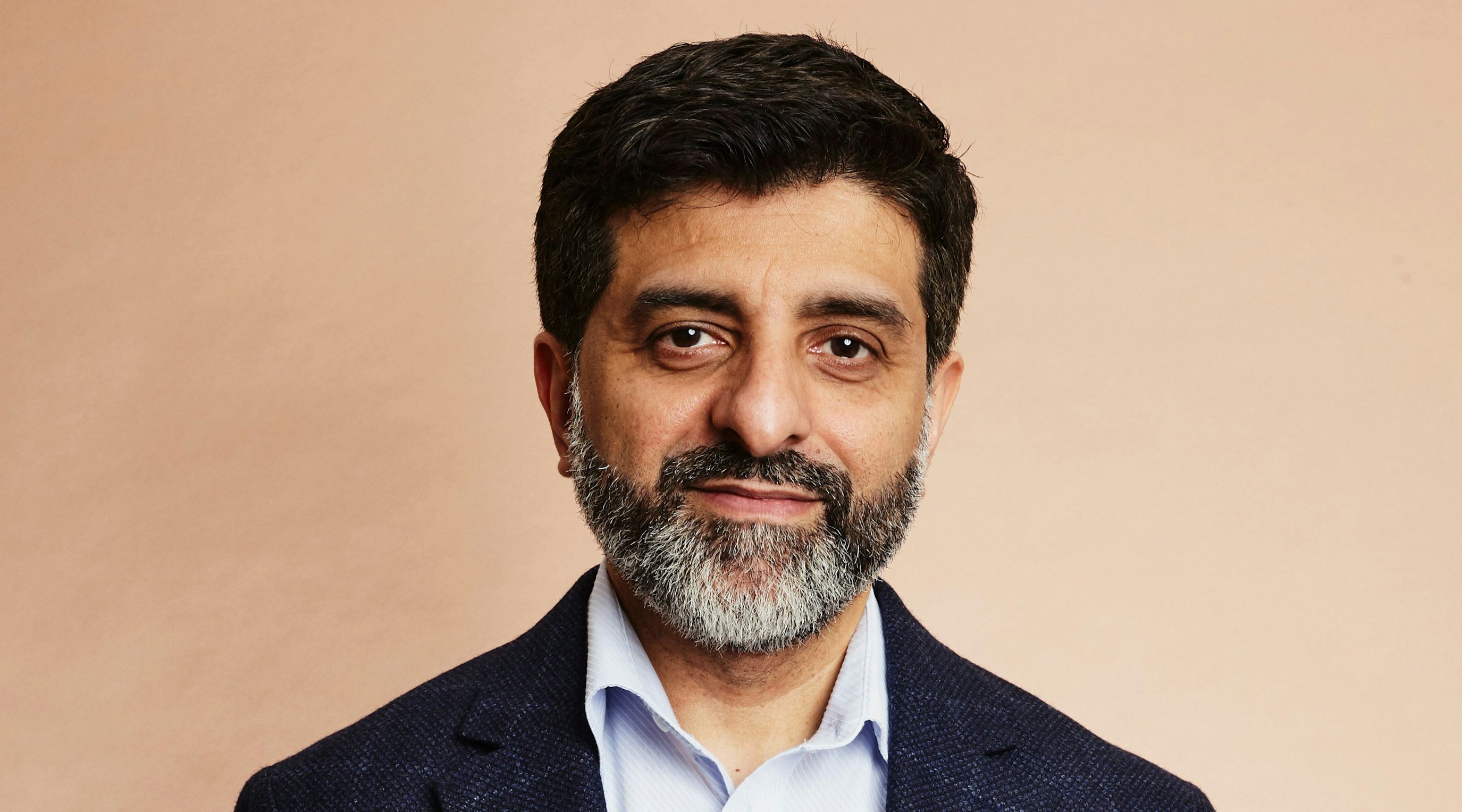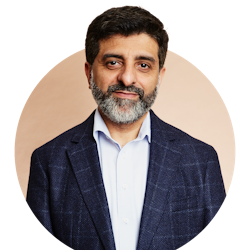World Mental Health Day: Exploring medical cannabis and psychiatric care
8 min read
Lucy MacKinnon
Happy World Mental Health Day!
Every year, on the 10th of October, World Mental Health Day is celebrated on an international scale. Drawing attention to the prevalence of mental health conditions in modern society, and advocating for better support, treatment, and awareness, World Mental Health Day takes on a new theme every year and in 2024 it’s workplace mental health.
As a healthcare clinic that supports individuals with mental health conditions, and as a workplace, we know this topic is extremely important and that’s why we’ve already covered it as part of our blog on the importance of a healthy work-life balance.
So, this year for World Mental Health Day, we’ve decided to give a recap of how medical cannabis interacts with a number of mental health conditions, and how patients with anxiety, depression and PTSD, can access these treatments in the UK.
Contents
But first, how do medical cannabis mental health treatments work?
Cannabis can interact with mental health in a number of ways, and its therapeutic properties can be harnessed by healthcare professionals and utilised safely in medical cannabis treatment plans.
Our Consultant Psychiatrist, Dr Imran Ali explains:
"Many patients have reported that medical cannabis may provide excellent mood uplifting effects, while at the same time reducing the crippling effects of anxiety. When prescribed in a controlled manner in a clinical setting such as here at Releaf, patients have a clinical touchpoint with a Consultant so that, should their mental health change whilst in receipt of a prescription, their condition may be expertly managed without undue delay."
Medical cannabis and anxiety
In the UK, over 8 million people are believed to have anxiety, and 1 in 5, or 18%, say they experience anxiety at work.
Usually, when treating anxiety the first route of treatment involves prescribing medications like SSRIs and SNRIs, and coupling these with talking therapies like cognitive behavioural therapy (CBT). However, unfortunately there are long NHS waiting lists for talking therapies currently, and, it is not uncommon to encounter problematic side effects associated with these conventional medications. This leads many to start searching for alternatives.
Since 2018, medical cannabis has been available on prescription for patients with anxiety if traditional treatments have proven to be unsuccessful in meeting their needs. This is because cannabis contains a host of natural chemicals that have shown powerful potential in uplifting mood, and promoting relaxation.
Amongst these chemicals are cannabinoids like THC and CBD. Cannabinoids are able to interact with the way our bodies process emotions and stress, for example, by influencing the brain’s serotonin production to stabilise mood - which can prove particularly helpful for patients with anxiety.
However, it is important to note, there have also been associations with increased anxiety when THC is applied in high concentrations. This is why it's critical that medical cannabis treatment plans are designed and monitored by qualified healthcare professionals, like those that work at Releaf.
Medical cannabis and depression
Between 2022 and 2023, NHS England issued 86 million antidepressant items on prescription to an estimated 8.6 million people. Much like those prescribed to treat or alleviate anxiety, these medications can also come with unpleasant side effects, and many remain unaware they can take a plant-based approach.
But, in fact, at Releaf, depression is one of the most common health conditions we treat.
As we mentioned previously, cannabinoids - particularly CBD - is known to interact with serotonin production, much like conventional SSRI antidepressants. In people with depression, serotonin levels tend to be much lower than those without depression, but it appears medical cannabis can ‘boost’ serotonin production to improve overall mood, which is why it’s becoming a popular addition to depression treatment plans.
There is also evidence that suggests medical cannabis can be beneficial to secondary symptoms of depression like poor sleep or appetite concerns thanks to THC’s sedative and appetite inducing qualities, and many patients note improvements in their quality of life after starting medical cannabis.
This includes Brandon, who receives medical cannabis through Releaf to treat anxiety and depression. In his patient testimonial, Brandon told us:
“My life has already starting to improve now that I've found medical cannabis. I feel like I'm starting to have more confidence; I’m talking to people again and becoming more social and less isolated. There's still a part of me that has a few barriers up, but slowly and surely they are coming down”.
Medical cannabis and PTSD
Post Traumatic Stress Disorder, or PTSD, is another mental health condition that has shown positive responses to medical cannabis. In the UK, PTSD is thought to affect 1 in 25 people, or 20% of those who have experienced trauma, and its symptoms can have a devastating effect on an individual's overall wellbeing.
While research is still ongoing, it's thought medical cannabis can prove particularly promising for patients with PTSD because of the way it interacts with the part of our brain that is responsible for regulating how we react to fearful stimuli, or situations. This part of the brain is called the amygdala.
And, much like in the case of anxiety and depression, real world evidence such as patient response surveys also suggest secondary PTSD symptoms may improve with cannabis-based treatments. Often an improvement in sleep quality or a reduction in sleep disturbance is noted, and a reduction in hyperarousal symptoms like feeling on edge, irritable, or hypervigilance is not uncommon when medical cannabis is used appropriately.

We asked Daisy, one of our patients who has PTSD, what life was like for her before she started using medical cannabis. She told us:
“Before trying cannabis, I was very anxious. I had a series of panic attacks every day and was very depressed. I would get motion sickness simply by getting out of bed in the morning because of the balance disorder [I also have], and I would be vomiting several times a day. It was miserable. Over the years, I’ve tried lots of medications and nothing really touched me. Medical cannabis does.”
Are there mental health conditions that medical cannabis is not recommended for?
Although there are a number of mental health conditions that have shown positive responses to medical cannabis, it should be noted that cannabis-based therapies are not considered a suitable treatment option for every kind of psychiatric disorder.
There is insufficient evidence to support the therapeutic and medicinal use of cannabis in patients with conditions like schizophrenia, schizoaffective disorder and bipolar disorder, and currently there are significant risks linked with cannabis usage and symptom exacerbation in patients with these diagnoses’.
Therefore, private medical cannabis clinics, and the NHS, do not routinely issue prescriptions for cannabis-derived medicines to patients with these conditions.

Our Chief Operating Officer, and former NHS psychiatric nurse, Graham Woodward explains:
“Our primary responsibility is to keep patients safe and improve their health outcomes. Therefore, until more conclusive evidence is available, we must err on the side of caution and prioritise proven safe and effective treatments for this vulnerable population."

Dr Vijay Delaffon, an expert in psychiatry, expanded on this in our blog about medical cannabis and bipolar disorder. Dr Delaffon said:
"At Releaf, we generally do not prescribe cannabis-based treatments to patients who have been diagnosed with certain complex mental health conditions, and this includes bipolar disorder….
As healthcare providers, it’s imperative we act responsibly and put patient safety first. However, we are happy to take a case by case approach – for example, where patients have been stable for extended periods, or have support from family and medical professionals, etc.”
How do I get a medical cannabis prescription for mental health in the UK?
In the UK, if patients have been diagnosed with conditions like anxiety, depression or PTSD, and have found traditional treatments failed to meet their needs or caused unpleasant or unwanted side effects, they may be considered eligible for medical cannabis.
At Releaf it takes around 30 seconds to find out if you may be suitable for cannabis-based medicines using our online eligibility checker. If our checker indicates you’re likely to be eligible, you can book in for an appointment with one of our expert, GMC registered doctors, to find out more.
And, our money-back guarantee protects you. If, after reviewing your full health records or during the appointment it appears these treatments aren’t right for you, and you’ve supplied all the necessary information truthfully, you’re entitled to a full refund - so, there’s really nothing to lose.
Assess your eligibility for medical cannabis using Releaf’s online checker, or head over to our blog and education section for more to read on medical cannabis and mental health.
And again, Happy World Mental Health Day!
Share article
Did you like this article?
It is important to seek medical advice before starting any new treatments. The patient advisors at Releaf are available to provide expert advice and support. Alternatively, click here to book a consultation with one of our specialist doctors.
Elevate your wellness with medical cannabis
Get comprehensive care, convenience, and confidence with an all-in-one treatment plan.
Am I eligible?Authors
With five years of journalism and healthcare content creation under her belt, Lucy strives to improve medical cannabis awareness and access in the UK by producing high quality, credible content.
meet our specialist
Editorial Policy
All of our articles are written by medical cannabis experts, guided by strict sourcing guidelines, and reference peer-reviewed studies and credible academic research. Our expert clinical team and compliance specialists provide valuable insights to ensure accuracy when required. Learn more in our editorial policy.
Need more help?











